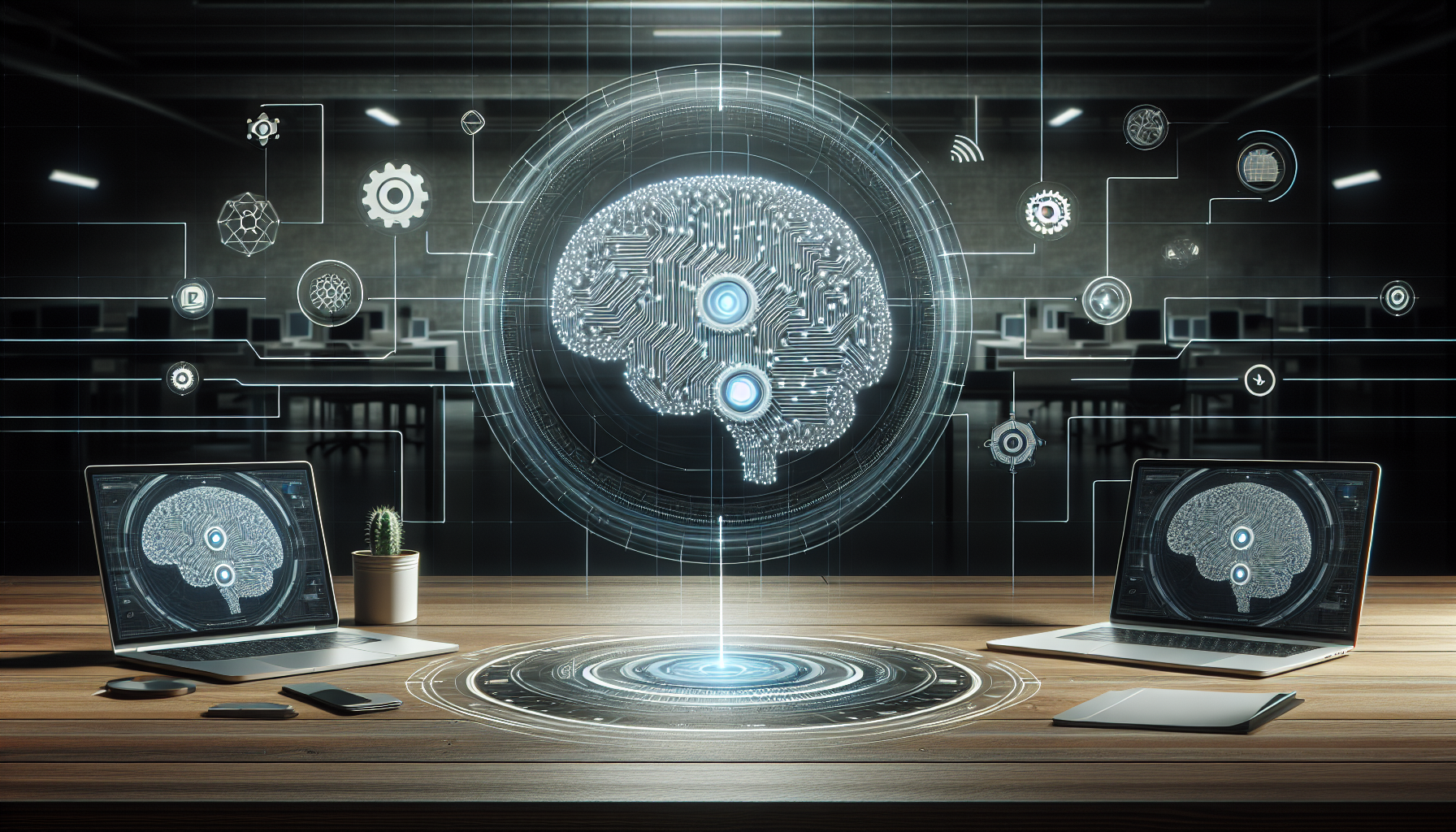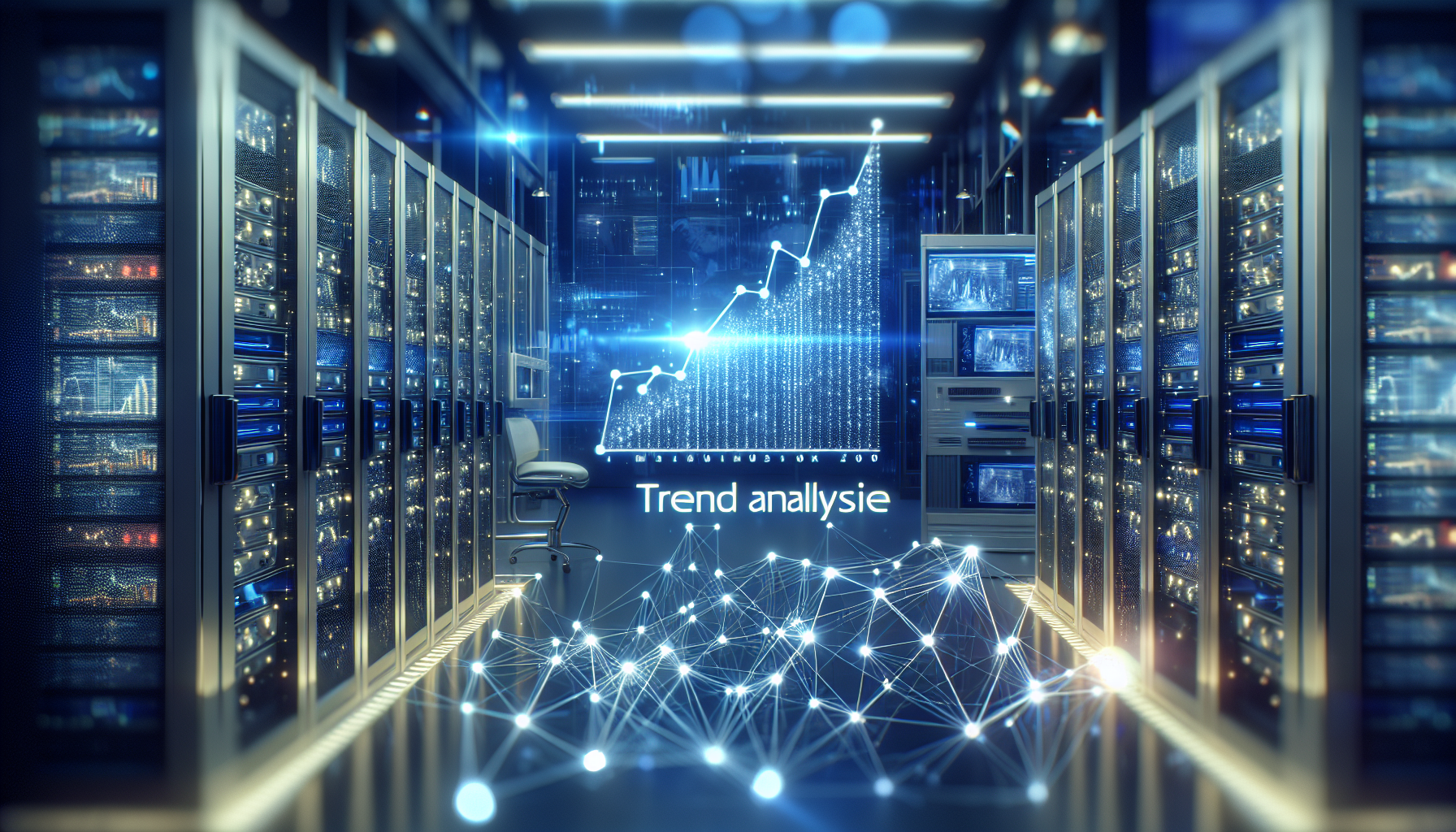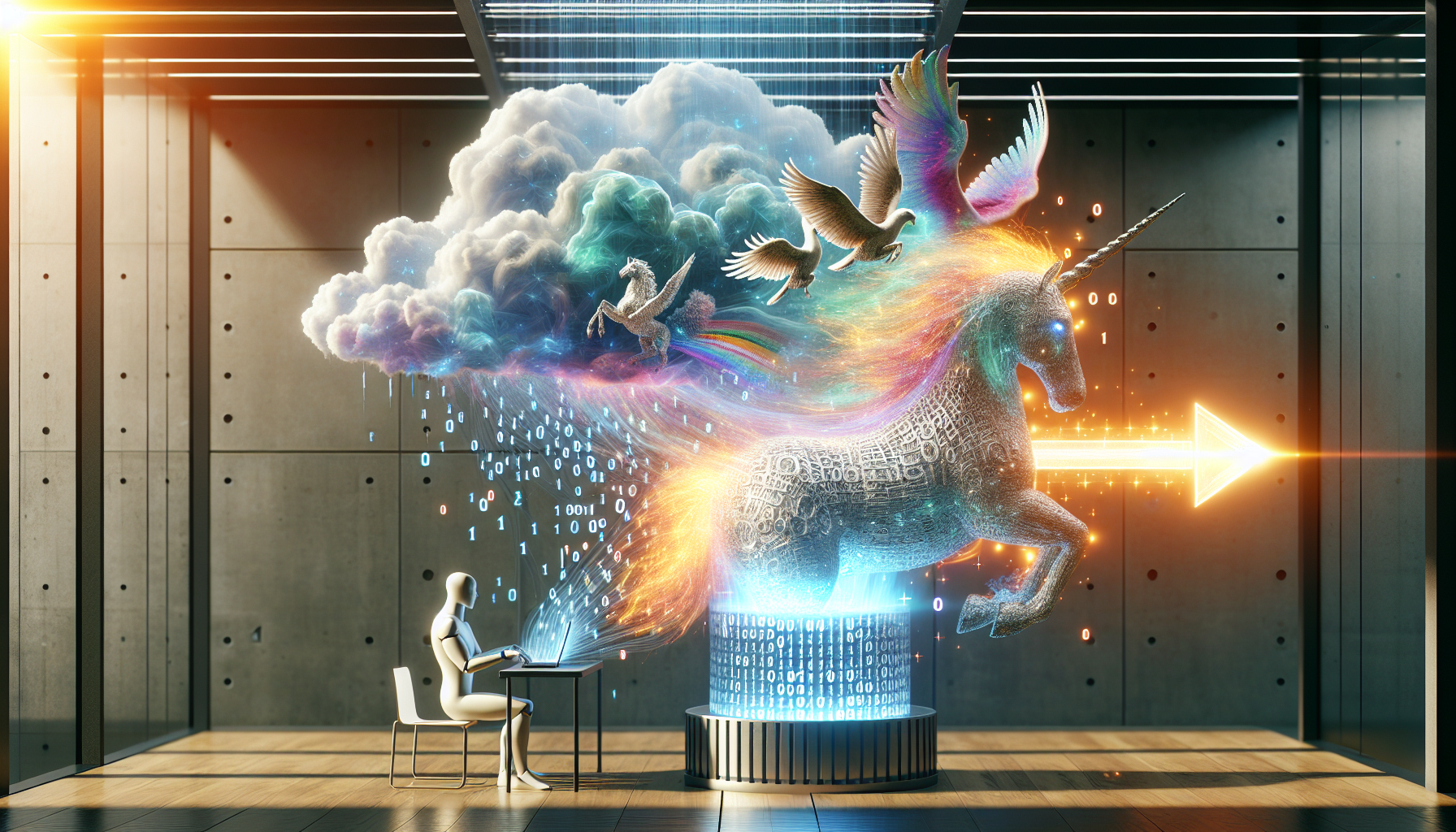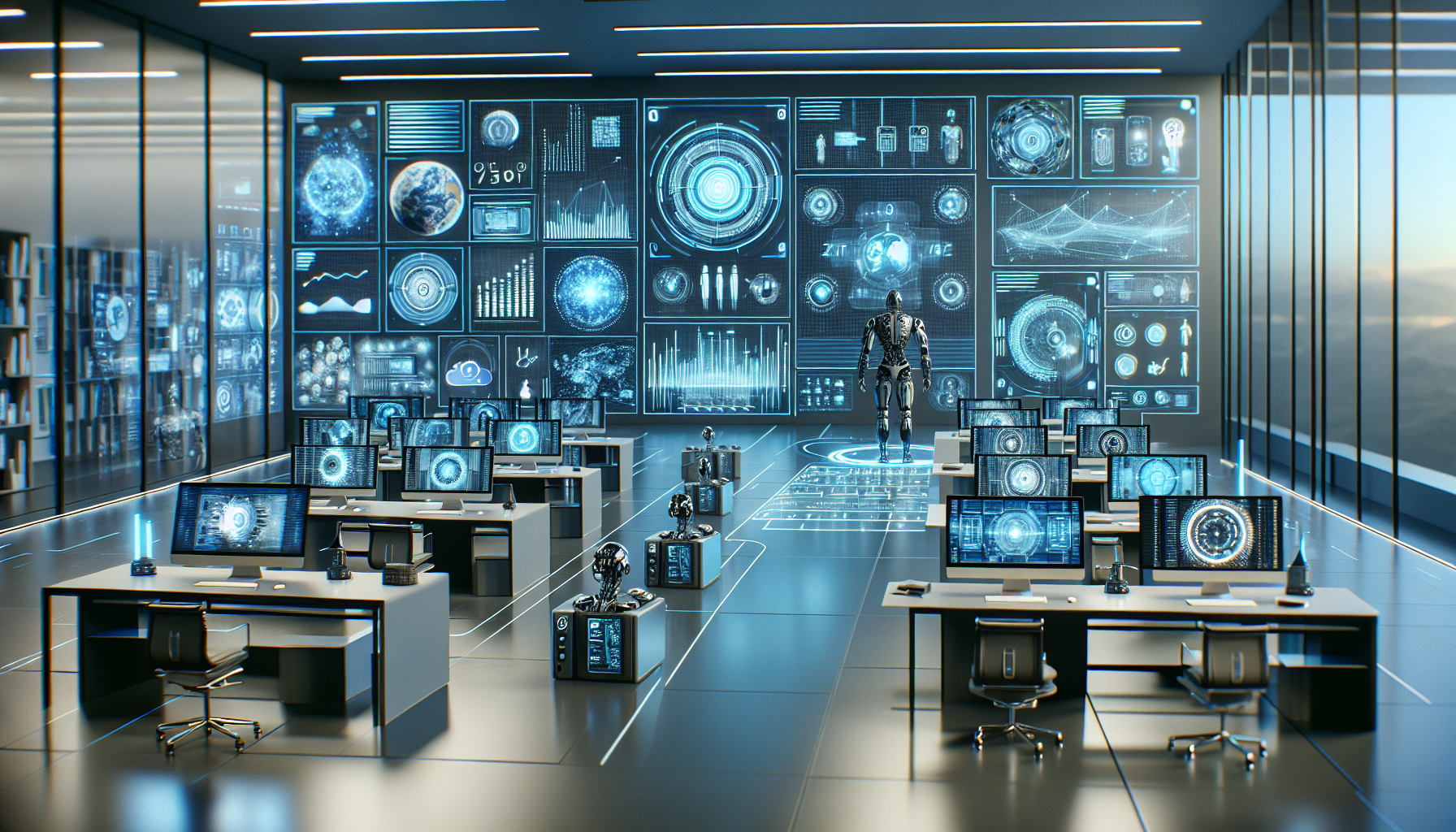
Unlocking Urban Potential: How AI Drives Smart City Development
August 6, 2025
Imagine a city where traffic flows seamlessly, energy consumption is optimized, and public services are tailored to each resident's needs. This isn't a scene from a science fiction movie; it's the potential reality of smart cities, powered by artificial intelligence. As urban areas expand and face increasingly complex challenges, AI stands at the forefront of revolutionizing how cities operate and serve their inhabitants. Understanding how AI can be harnessed to develop smart cities isn't just visionary—it's essential for sustainable urban growth.
Smart cities are not merely about technology—they're about enhancing the quality of life for residents while making urban areas more efficient and sustainable. AI plays a pivotal role in this transformation by analyzing vast amounts of data to provide actionable insights. But how exactly can cities leverage AI to become smarter? Here’s a guide to understanding the role of AI in creating these urban utopias.
**1. Traffic Management and Mobility Solutions**
One of the most pressing issues in urban areas is traffic congestion. AI offers innovative solutions through real-time traffic monitoring and adaptive traffic signals. By analyzing data from cameras, sensors, and GPS devices, AI systems can predict traffic patterns and make adjustments to reduce congestion. This not only saves time for commuters but also decreases air pollution—an urgent need for many metropolitan regions.
Furthermore, AI enhances the efficiency of public transportation systems. With predictive analytics, transit agencies can optimize routes, schedule maintenance, and anticipate passenger demand. AI can even facilitate the integration of autonomous vehicles into city transportation networks, promising safer and more reliable transit options.
**2. Energy Efficiency and Environmental Sustainability**
AI's role in smart cities extends to energy management, where it helps optimize the use of resources and reduce waste. Smart grids powered by AI can balance supply and demand, identifying peak usage times and adjusting accordingly. This leads to more efficient energy consumption and lower costs for both providers and consumers.
In addition, AI-driven systems can monitor environmental conditions, providing insights into air quality, water usage, and waste management. By identifying patterns and predicting potential environmental issues, cities can take proactive measures to protect natural resources and improve residents' quality of life.
**3. Public Safety and Health Services**
Ensuring the safety and well-being of citizens is a top priority for any city. AI technologies enhance public safety through advanced surveillance systems capable of recognizing suspicious activities and alerting authorities in real time. Predictive policing models can analyze data to anticipate and prevent crime before it occurs, making urban environments safer for everyone.
In the realm of health services, AI can significantly improve the delivery of care. By analyzing health data, AI systems can identify trends and potential outbreaks, allowing for timely interventions. AI-powered telemedicine solutions also make healthcare more accessible, particularly in underserved areas, by providing remote consultations and monitoring.
**4. Urban Planning and Infrastructure Development**
Effective urban planning is crucial for the sustainable growth of cities. AI assists planners by simulating various development scenarios and assessing their potential impacts. With AI, cities can design infrastructure that is both resilient and adaptable to future needs, ensuring sustainable urban development.
AI also facilitates the maintenance and management of critical infrastructure. By predicting when infrastructure components may fail, AI systems enable timely repairs, reducing downtime and costs associated with unexpected breakdowns.
**5. Enhancing Citizen Engagement and Services**
AI can transform how cities interact with their residents by providing personalized services and enhancing communication. Chatbots and virtual assistants powered by AI offer citizens instant access to information and services, improving their overall experience with municipal governance.
Moreover, AI can analyze feedback from residents, enabling city officials to make data-driven decisions that reflect the community's needs and preferences. This fosters a sense of involvement and trust between citizens and local governments, essential for the successful implementation of smart city initiatives.
**Final Thoughts**
The transformative power of AI in developing smart cities is undeniable. By addressing challenges in traffic management, energy efficiency, public safety, urban planning, and citizen engagement, AI not only enhances urban living but also paves the way for more sustainable and responsive cities. As we stand on the brink of this urban evolution, the question remains: How can communities ensure that these technologies are harnessed ethically and inclusively to benefit all residents? This is a conversation that cities worldwide must engage in, as the future of urban living unfolds before us.


